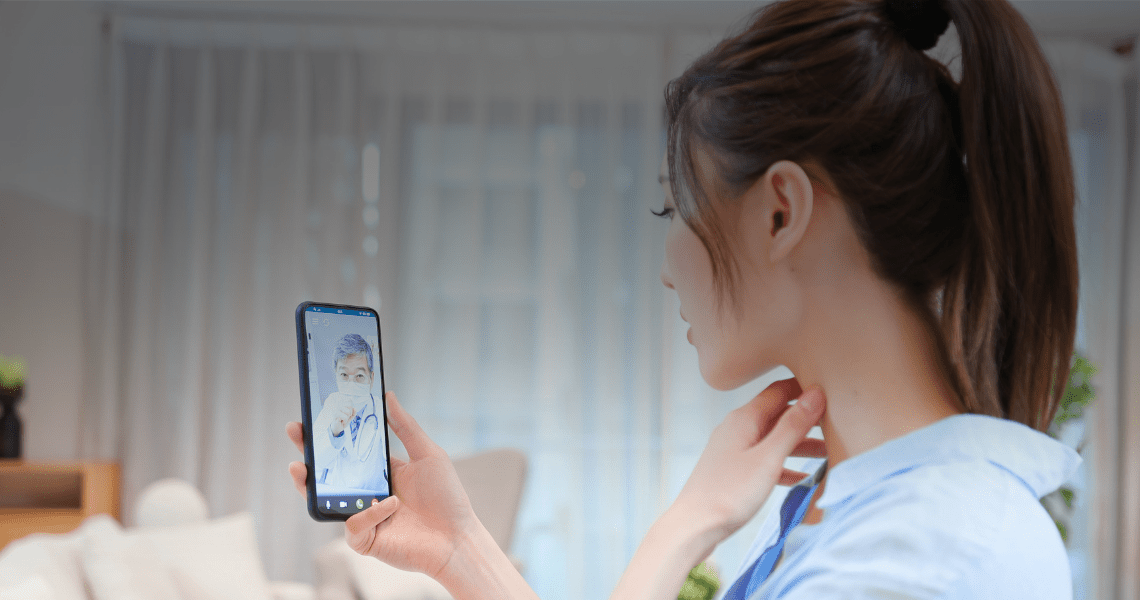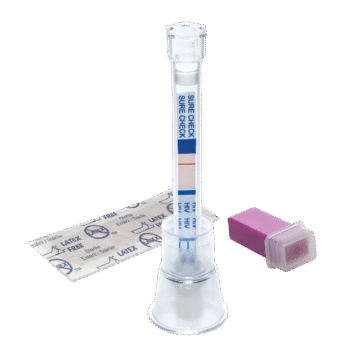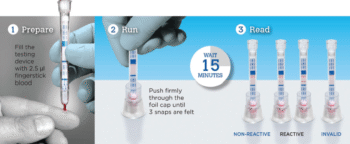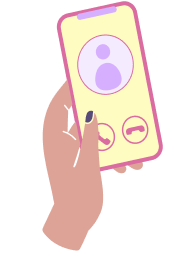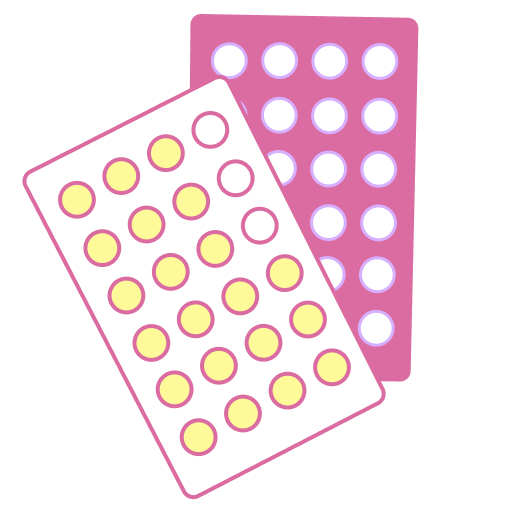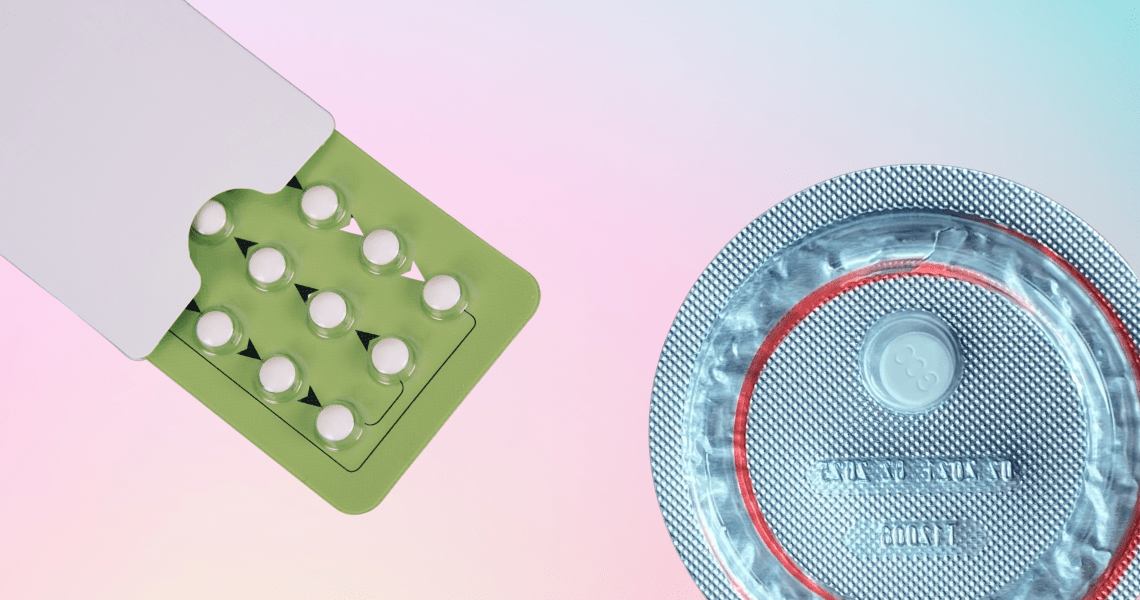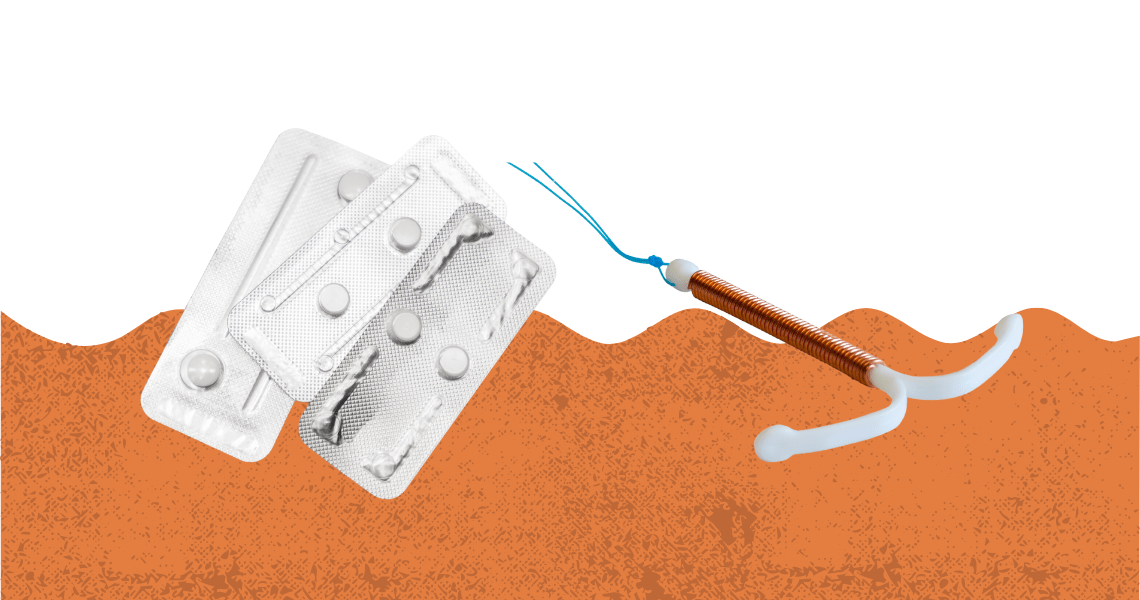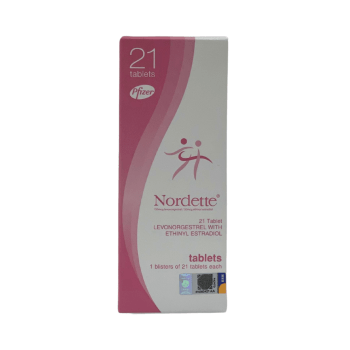Reliable STD Test Kits – Delivered to Your Door
Test from home with 100% privacy. Fast, accurate results. No clinic visits. No awkward questions.
At Home STI/ STD Test Kits
Get Accurate Results within Minutes
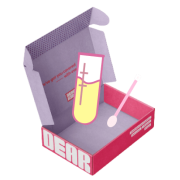
Home STD Test Kit
✓ Test it yourself with guided instructions
✓ Blood Sample & Get Results in 20 Minutes
✓ Tests for HIV
✓ High Accuracy: Sensitivity = 99.7%; Specificity = 99.9%
✓ Ongoing care and support
✓ Purchase to Test ASAP with our fast & discreet delivery
How it Works
1. Make a Purchase
Make a purchase & fill in your details
3. Get Your Results
Follow the instructions in your kit and view your results instantly at home
2. Receive Your Test Kit
Get your order delivered ASAP via express delivery or within 1-2 days
-


Get confidential & discreet STD testing from the comfort of your own home, find out more about STD Testing options in Malaysia and anymore questions you have about it.
HIV1/2 Rapid Self Test Kit (Box)
RM65.00✓ Privacy Packing
✓ Quick blood collection; needs only 2.5 μl of blood
✓ HIV home test kit with Instant Result
✓ Approved by Kementerian Kesihatan Malaysia (KKM)
✓ Malaysia Medical Device Authority (MDA) Certified
✓ Innovative test design prevents accidental spilling
✓ High Accuracy: Sensitivity 97% ; Specificity 100%
STD Testing FAQs
STDs, or sexually transmitted diseases, are infections that are primarily transmitted through sexual contact, including vaginal, anal, and oral sex. They can be caused by bacteria, viruses, or parasites and can affect both men and women. Common STDs include chlamydia, gonorrhea, syphilis, herpes, human papillomavirus (HPV), and human immunodeficiency virus (HIV).
The SURE CHECK® HIV 1/2 Self-Test is a rapid, single-use in-vitro diagnostic test that detects antibodies in your blood sample that are specific for HIV-1 and HIV-2 (not the HIV virus itself). These antibodies produce the TEST line.
The SURE CHECK® HIV 1/2 Self-Test is intended to be used as a screening test for the lay user in diagnosing HIV-1 and HIV-2 infection. A positive result is preliminary and must be confirmed by a healthcare professional.
Extensive research has shown the SURE CHECK® HIV 1/2 Self-Test to be accurate. Please refer to the package insert for more performance details. If you are unsure of your test result, please see a healthcare professional to perform another test.
The SURE CHECK® HIV 1/2 Self-Test will start to run when the test device tip is fully pushed into the buffer cap. Check for a pink/purple flow on the test strip. If you do not see this coloring, push the test device deeper into the buffer cap. Please refer to the package insert for more detailed instructions and a pictorial description.
If the SURE CHECK® HIV 1/2 Self-Test has run correctly, the CONTROL line will appear. If the CONTROL line does not appear, your test has not worked properly. Please discard your test and retest with a new device.
The incubation period for STDs varies depending on the specific infection. Some STDs, like chlamydia and gonorrhea, may show symptoms within a few days to weeks after exposure. Others, such as HIV or syphilis, may not produce noticeable symptoms for several weeks to months. Some STDs, like herpes, can have an incubation period of several weeks or even months before symptoms appear.
When a person becomes infected with HIV, it can take from 23 to 90 days* for their body to develop enough antibodies to be detected by an HIV antibody test. This is called the window period – the time between HIV exposure and when a test can detect HIV in your body. This period may vary, depending on the reaction of the individual’s body to the infection and the type of test.
It is possible for a person to test positive with an HIV antibody test in little as 23 days after infection*. However, everyone reacts differently to the infection, and it can take as long as 90 days to produce sufficient antibodies to produce a positive result. For that reason, if the SURE CHECK® HIV 1/2 Self-Test is performed within 90 days of a risk event or exposure to HIV and the result is negative, you cannot be certain that you are HIV negative at this time. It is recommended to test again once 3 months have passed since your most recent risk of exposure to HIV.
The timing for STD testing after unprotected sex depends on the specific infection and the type of test being used. Some STDs can be detected within a few days to a week after exposure, while others may require a longer window period. For instance, HIV tests can detect the virus within a few weeks to months after exposure, and herpes tests may require a couple of weeks to months to yield accurate results. It’s essential to refer to specific guidelines and consult with a healthcare provider to determine the appropriate timing for testing based on your circumstances.
Many STDs can be effectively treated and cured with appropriate medical intervention. Bacterial infections like chlamydia, gonorrhea, and syphilis can usually be cured with antibiotics. However, viral infections like herpes and HIV cannot be completely cured, though medications can help manage symptoms and control the virus’s spread. Early detection, prompt treatment, and consistent use of preventive measures (e.g., condoms) are essential to managing and reducing the impact of STDs.
Some STDs, particularly viral infections like herpes and HIV, cannot be fully cured and can last a lifetime. However, with proper medical care and management, individuals with these infections can lead healthy and fulfilling lives. Other STDs that are bacterial or parasitic in nature can be cured with appropriate treatment, and the infection does not persist in the body.
If you actively engage in behavior that puts you at risk for HIV infection, or your partner engages in such behavior, then you should consider testing on a regular basis. It can take some time for the immune system to produce enough antibodies for the test to detect, and this time period can vary from person to person. This timeframe is commonly referred to as the “window period,” when a person is infected with HIV but antibodies to the virus can not be detected, however, the person may be able to infect others. According to the Centers for Disease Control and Prevention, although it can take up to 6 months to develop antibodies for HIV, most people (97%) will develop detectable antibodies in the first 3 months following the time of their infection.
The SURE CHECK HIV 1/2 Self-Test is for single use and cannot be reused under any circumstances.
The safety lancet is designed for one time use only.
If you have not had any risk events or HIV exposure in the past 3 months or beyond, and you followed the instructions for use carefully, then you are likely HIV negative. If you think you may have been exposed to HIV within the past 3 months, you should retest for HIV 3 months following the risk event.
A positive result means you are probably positive for HIV. You need to follow up with a healthcare professional to confirm the test result. At that time your healthcare professional will discuss the next steps that need to be taken.
A faint line should be interpreted as a positive result. The intensity of the test line does not necessarily correlate with the amount of antibody in the blood sample. You need to follow up with a healthcare professional to confirm the test result and discuss the next steps that need to be taken.
No, you cannot get HIV from using the SURE CHECK® HIV 1/2 Self-Test. The test does not contain the active HIV virus.
Delivering peace of mind to 3000+ Malaysian Women every month




Other Services from Dear Kyra
Subscribe to Our Newsletter
Get the latest news about our live events you can join online, new products and offers!

5 Signs You Need the Morning After Pill in Malaysia
Morning-After Pill in Malaysia: What You Need to Know

What is Medical Gaslighting?
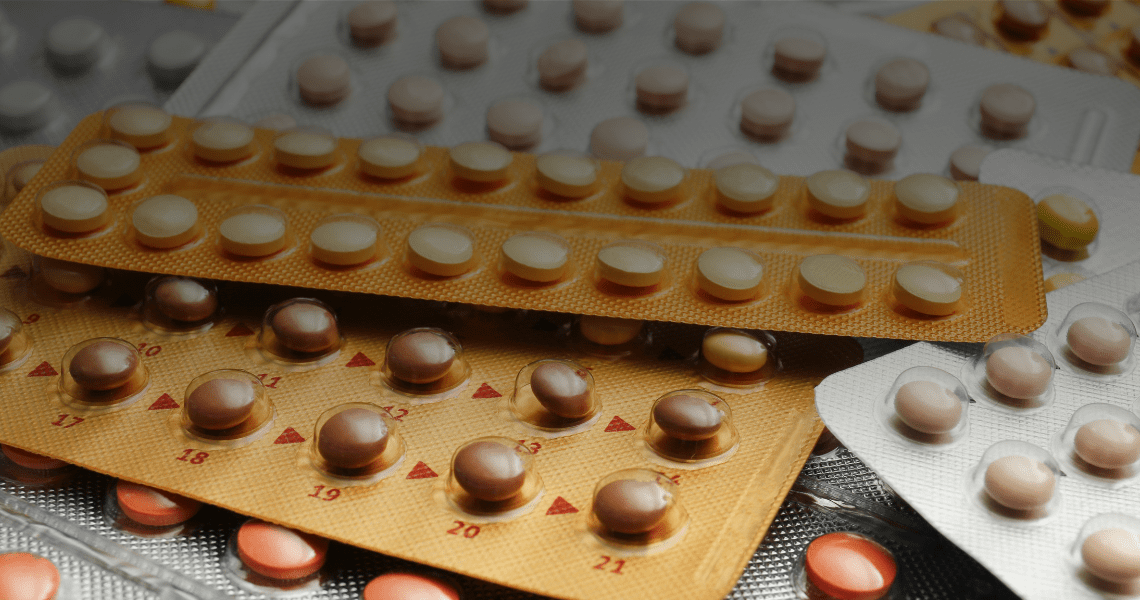
Types of Birth Control Pills in Malaysia
